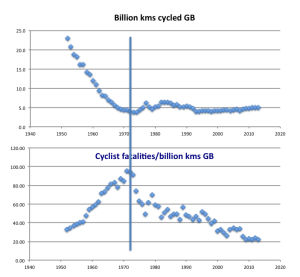Most commented posts
- ISO 31000: Dr Rorschach meets Humpty Dumpty — 42 comments
- Is God trying to tell us something? — 23 comments
- The Cream Buns Act — 13 comments
- Where and when is shared space safe? — 12 comments
- ISO 31000: the debate warms up — 12 comments

